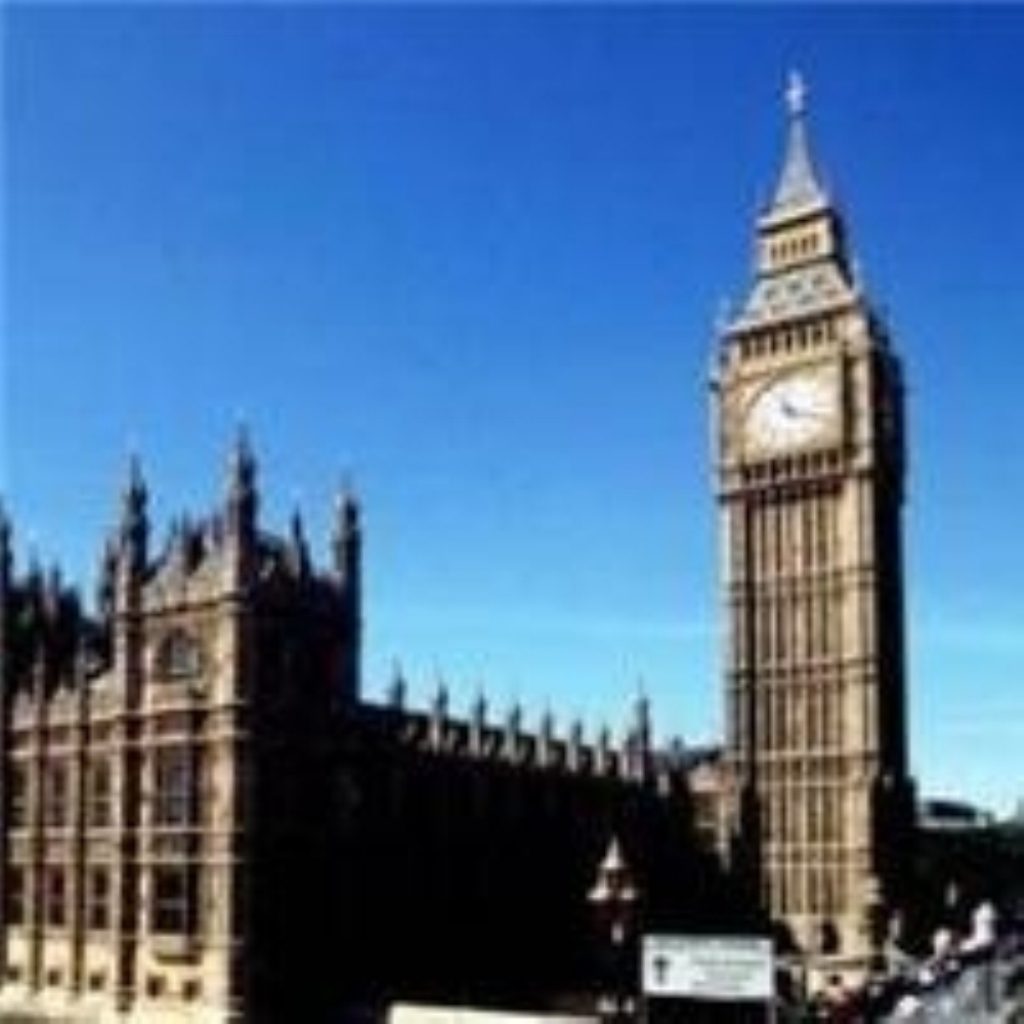MPs’ call for £100,000 salaries condemned
A trade union leader has condemned reports suggesting MPs are pushing for a 66 per cent pay rise to take their salaries to £100,000 a year.
GMB general secretary Paul Kenny said the claim was unacceptable at a time when thousands of public sector workers were having pay rises capped at three per cent.
The senior salaries review body (SSRB) is conducting a widespread review of MPs’ pay next year, looking at annual salaries and issues such as whether members should be rewarded for longevity of service. The deadline for submissions is next Friday.
According to yesterday’s Sunday Times, individual Labour and Conservative MPs have called on the body to increase their basic salary from £60,277 to £100,000.


The 1922 committee of senior Tory backbencher also made a submission, noting that MPs’ earnings have fallen 15 per cent behind the private sector jobs the SSRB used for comparison in 2004, and 12 per cent behind similar public sector positions.
One of the contributors to the committee’s submission, John Butterfill, told the newspaper: “There are a lot of unhappy bunnies. The main issue is the degree to which MPs’ salaries have fallen behind other public servants.
“Over the years we have been downgraded and compared to junior directors of middle-sized companies at the last review [in 2004] but, even so, we have failed to keep up. There is no point in having a review body that chooses comparators then doesn’t keep us up with them.”
Responding last night, Mr Kenny said with claims such as these, “is it any wonder that people are cynical about politicians?”.
“These are the same people who protected their own pension scheme but cut the pensions of the lowest-paid public sector workers,” he added.
However, party leaders are sensitive to the public’s views and are likely to resist any calls for such a major pay hike. When MPs approved a two per cent staggered pay rise in May this year, they acknowledged the pitfalls involved in approving their own salaries.
An increase in MPs’ basic salaries would take the total wage bill from £39 million to £65 million. Last year, another £86 million was also paid out in expenses and staff costs.









